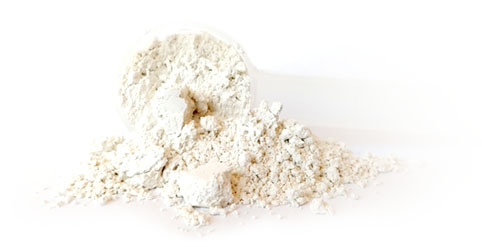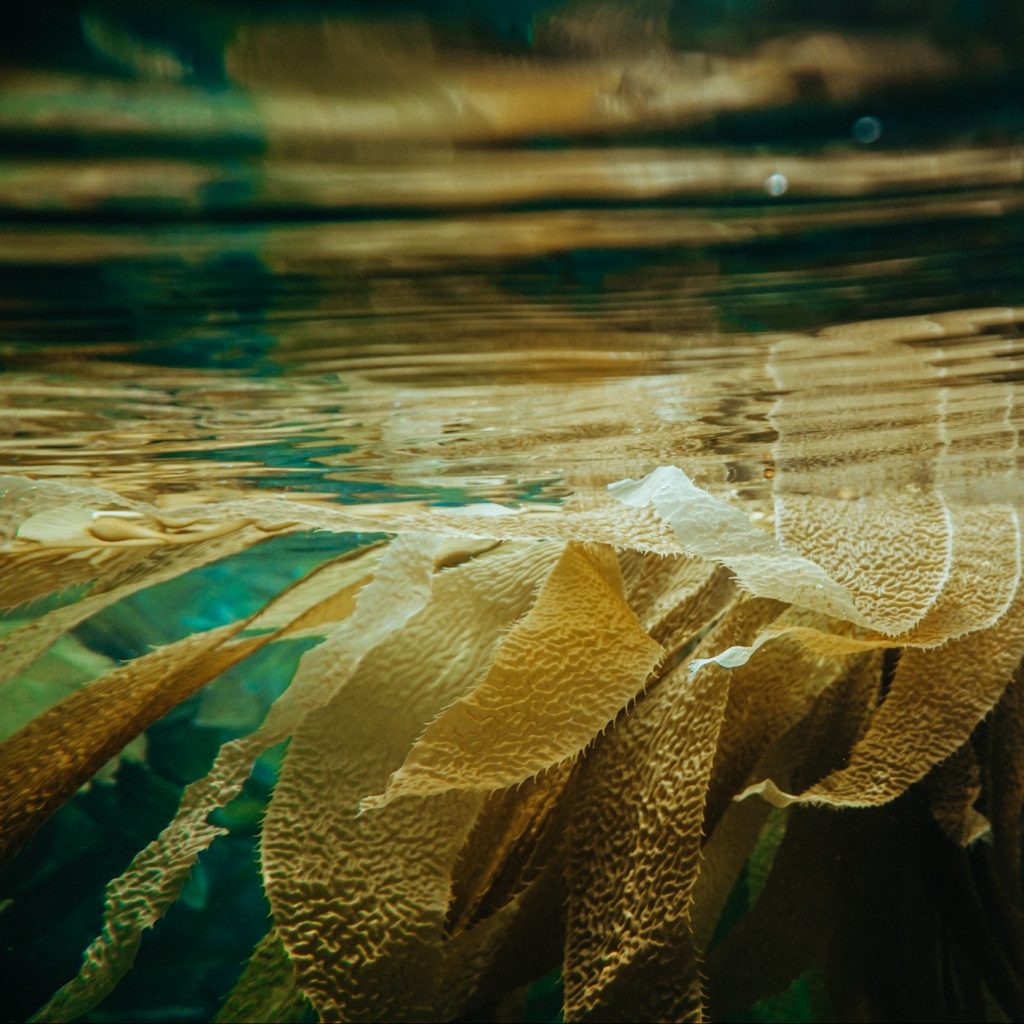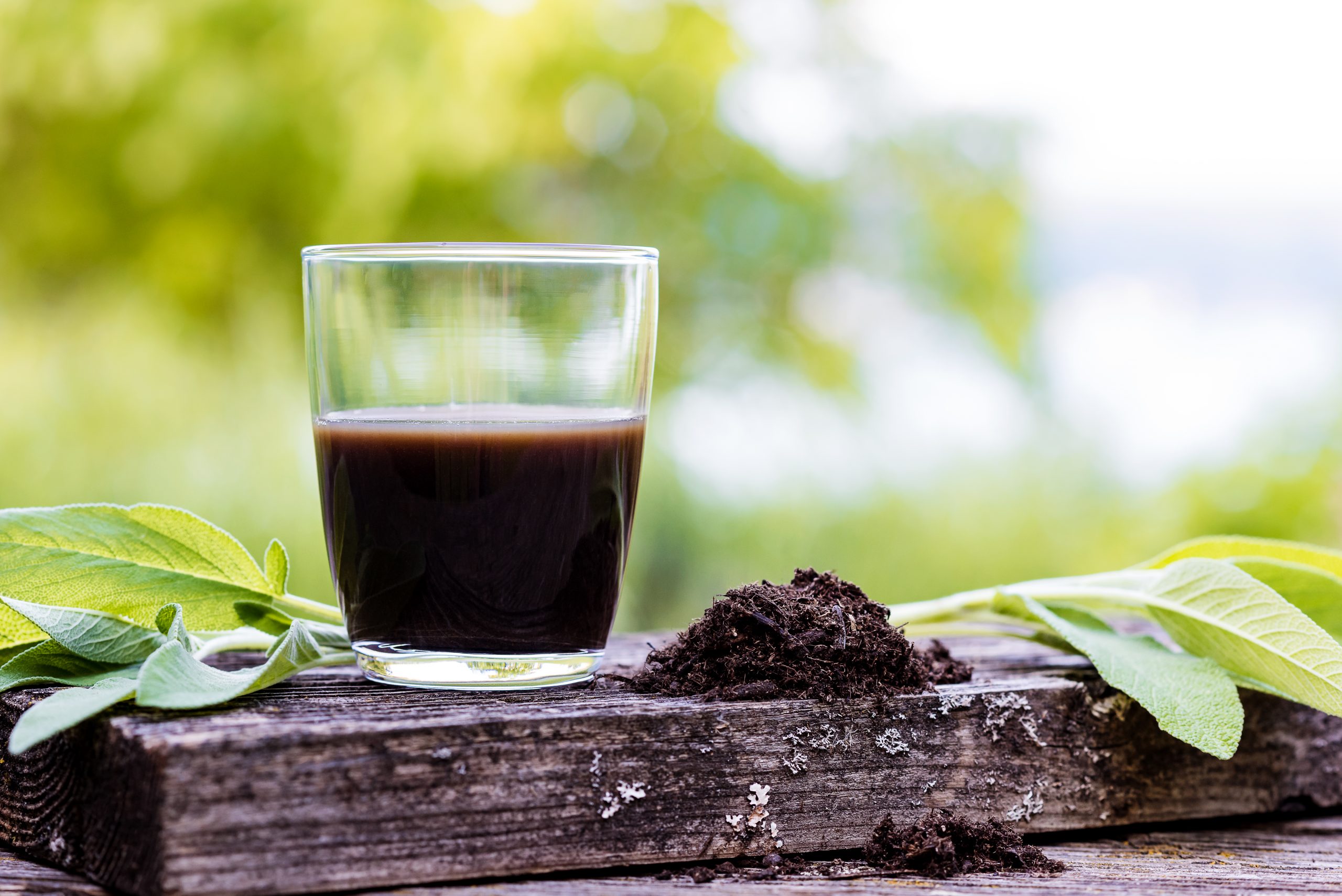
The Truth About Zeolite
Could this be the mineral balancing miracle we’ve all been looking for? According to research, this honeycomb-like structure that comes from volcanic eruptions that occurred

Are you a practitioner looking to offer your clients our revolutionary Vykon Custom powders?

Are you a practitioner looking to offer your clients our revolutionary Vykon Custom powders?

Are you a practitioner looking to offer your clients our revolutionary Vykon Custom powders?

What is Kelp?
Kelp is a large type of seaweed that bursts with essential nutrients. Marine vegetation concentrates iodine and is noted for its antimicrobial and antioxidant properties. So if you’re not consuming kelp, what else are you missing out on?
This mighty sea veggie is one of the best natural food sources of iodine, according to The National Institute of Health. It is not only rich in iodine, but also a natural source of vitamins, specifically; A, B1, B2, C, D and E and minerals including zinc, magnesium, iron, potassium, copper, manganese and calcium. Because kelp is rich in iodine, it can help to regulate metabolism, and is an essential piece in thyroid hormone production.
More benefits of kelp!
Seaweed is also accredited for its ability to bind heavy metals and radioactive pollutants. In a study conducted by Dr. Yukio Tanaka of the Gastrointestinal Research Lab at McGill University demonstrated that kelp may inhibit the absorption of lead, cadmium, and radioactive strontium. And seaweeds have an exceptional value in the treatment of candida overgrowth (yeast).
What if we are deficient?
Dr. Guy Abraham, researcher and author of The Iodine Project articles, wrote: “ if we are iodine deficient then we may be dealing with things like: diminished intellect, decreased energy, lowered vitality, and be significantly vulnerable to thyroid malfunction, endocrine/hormonal imbalances, breast cancer, ovarian cancer and prostate cancer.”
Many have a widely held assumption that we are iodine sufficient due to the availability and use of iodized salt; but in fact, iodine intake has been steadily decreasing since the 70s. Dr. David Brownstein shared, “over 95% of my patients that I tested were deficient in iodine.” That’s staggering!
How can you reap the benefits?
An individual can choose to consume kelp as a food or a supplement. Like anything it is best to obtain nutrients from dietary sources, where possible. To a broader, nutritious diet, alongside a variety of fresh vegetable and other unprocessed nutrient-dense foods, kelp can be a superfood addition. There are simple ways to incorporate it into your daily diet; you can add organic, dried kelp into soups or stews, use raw kelp noodles in salads and main dishes, or even sprinkle some on for seasoning.
In our custom formulation studies, we have seen firsthand the enhancing benefits that kelp has made with regards to balancing mineral levels. The progress of individuals using formulations which include kelp vs. those without have been quite significant.
By: Vykon
References: “Healing With Iodine” ~ Dr. Mark Sircus
“Iodine: Why You Need It & Why You Can’t Live Without It” 5th Edition ~ Dr. Brownstein

Could this be the mineral balancing miracle we’ve all been looking for? According to research, this honeycomb-like structure that comes from volcanic eruptions that occurred

Heavy metals are naturally occurring elements. Due to the industrial revolution, our exposure to these metals has significantly increased. While some heavy metals are essential,

What Are Binders? Binders are used to remove different toxins from the body. We are exposed to toxins everyday and these powders may help to

Vykon is committed to inspiring and empowering individuals, and animals, to achieve their best life by producing top quality products to support their journey. All-natural supplements with the finest ingredients to fuel the body; whether you are using the custom powders for yourself or your animals, based on HTMA science, to erase debilitating symptoms and regain health; or the performance line to take your game to the next level. Vykon is innovative, forward-thinking, beta-tested and here to help the world live and perform better.

Business Hours:
Monday – Friday | 8:00 am – 4:00 pm ET
Are you a Health Practitioner looking to offer your clients our revolutionary Vykon Custom powders?
Are you a practitioner looking to offer your clients our revolutionary Vykon Custom powders?
Vykon Customs is a division of Vykon Inc.